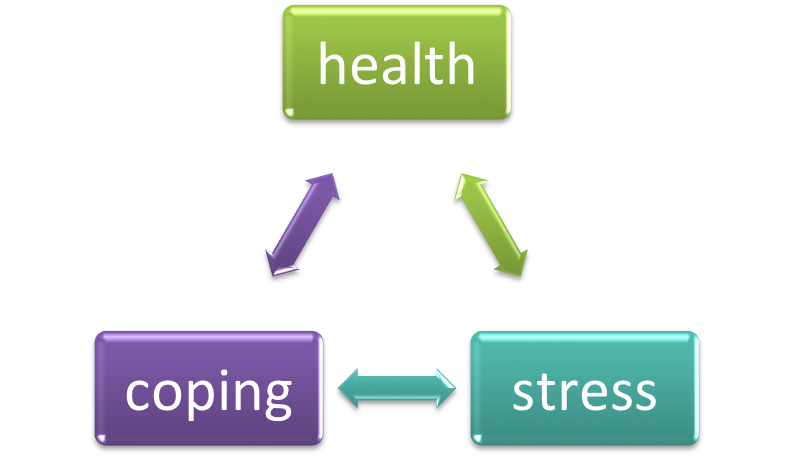16.4 Chapter Summary
Jennifer Walinga

Whether stress is considered a response, a stimulus, or a transaction, how a person experiences stress is a complex interweaving of individual health, the capacity to cope, and the stress itself. Heavy or chronic stress is associated with negative physiological or health outcomes.
Stress level and experience are mediated by an individual’s perception based on the cognitive appraisal of the stressor. If a stressor is perceived to be threatening and an individual believes he or she does not have the resources to cope with that stressor, then the stress experienced will be debilitative. But if a person is able to interpret the stressor positively, or believes he or she has the resources to cope, then the outcome can be neutral or even facilitative, as in the case of stress-related growth.
Not only the stressor, but the physiological stress response itself (e.g., increased heart rate, sweating, and trembling), can produce anxiety based on interpretation. If a person interprets the physiological response to a stressor negatively,as worrisome, the impact on health or performance will be debilitative. But if the person interprets the physiological response positively, as a sign of readiness or preparation, the impact can be neutral, positive, or even facilitative.
Mental and physical health appear to be the greatest leverage points for helping individuals cope with or perceive stress positively. If a person is healthy, he or she is more likely to perceive a stressor positively and/or cope well with negative stressors. If a person is able to cope productively (i.e., problem-focused coping) with negative stress, his or her health is more likely to remain strong. If a person is able to perceive stress facilitatively, he or she is more likely to retain health and cope productively.

